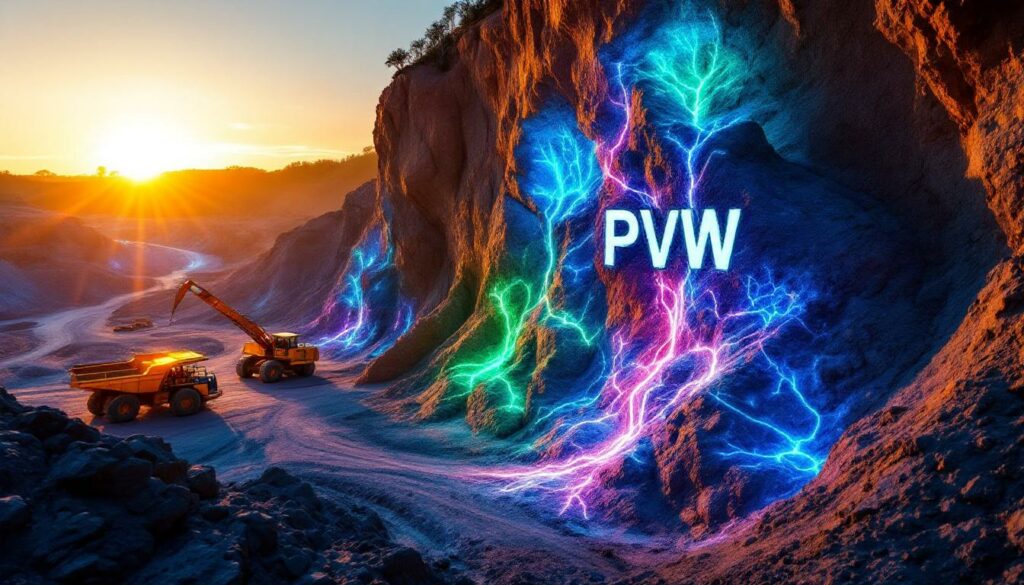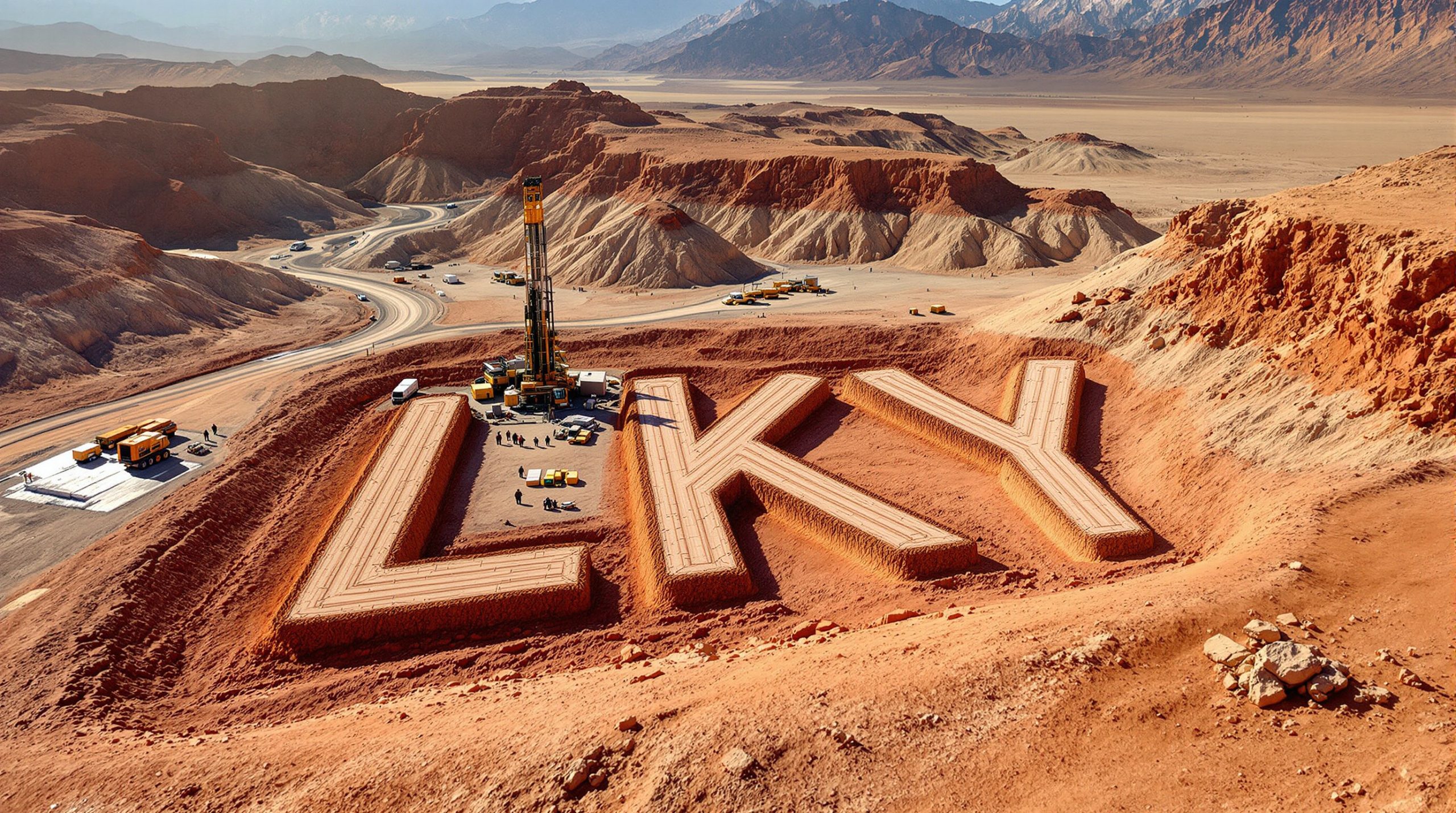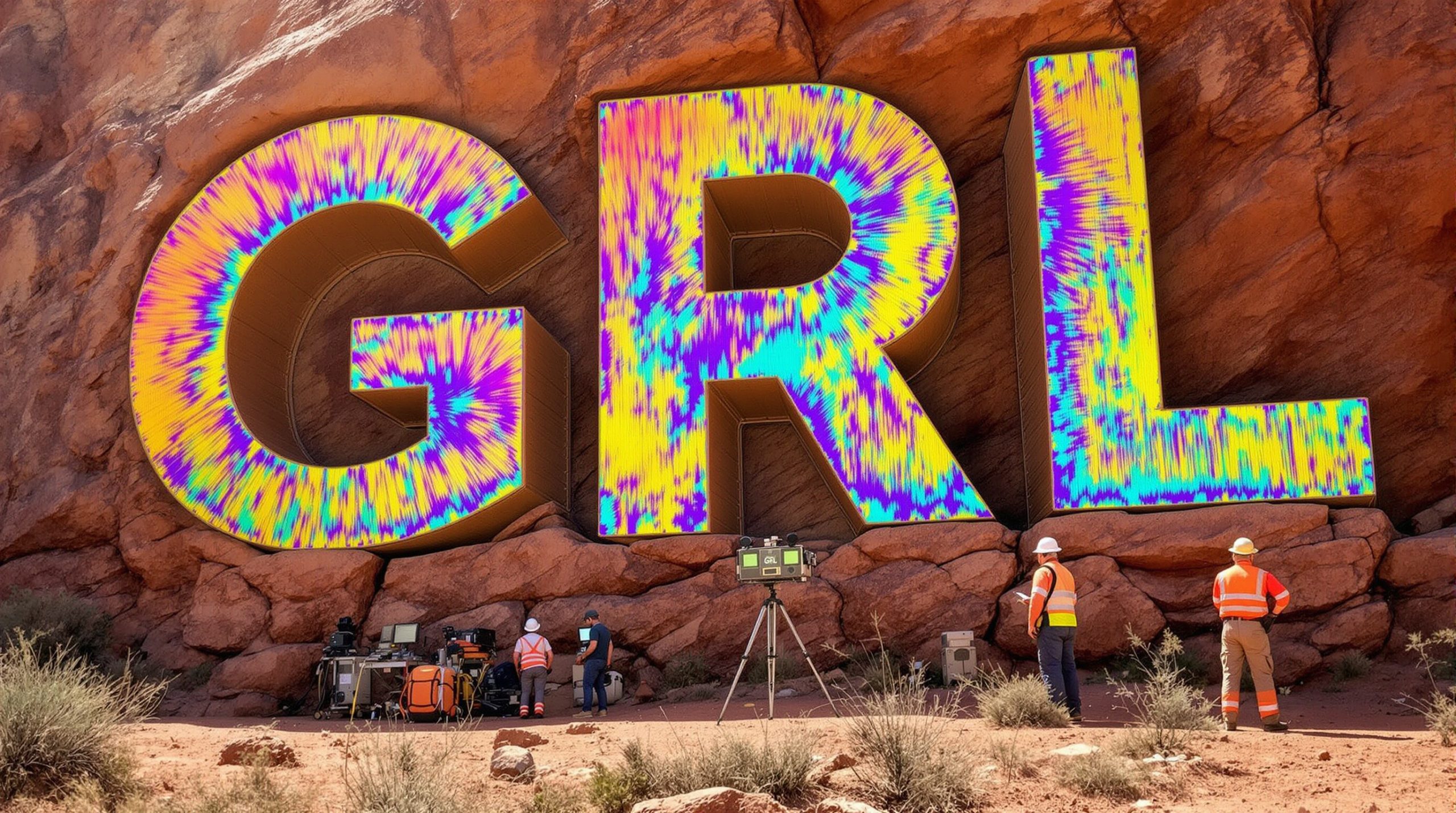Strategic Divestment Bolsters Brazilian Growth Focus
PVW Resources Limited (ASX: PVW) has announced a binding Asset Sale and Purchase Agreement for its Leonora Project in Western Australia. The company will receive A$500,000 in cash consideration from UNiQ Resources, structured as A$250,000 upon completion and an additional A$250,000 upon satisfaction of certain tenement conditions.
The sale aligns with PVW's strategy to concentrate resources on its Brazilian rare earth and gold projects, particularly the high-potential Capão Bonito REE Project. This portfolio optimisation allows the company to redirect capital toward its most promising assets while extracting value from non-core holdings.
"The Leonora sale is another step in our portfolio optimisation strategy. It allows us to focus our efforts and capital on our exciting Brazilian projects while delivering value from non-core assets. The transaction structure also means we may receive the final payment well before the 12-month deadline." – Lucas Stanfield, CEO of PVW Resources
Transaction Details: A Staged Approach with Clear Conditions
The sale of the Leonora Project comes with specific terms designed to protect both parties:
| Transaction Element | Details |
|---|---|
| Initial Payment | A$250,000 cash payable upon completion |
| Secondary Payment | A$250,000 upon satisfaction of tenement conditions |
| Conditions for Secondary Payment | • Renewal of tenement E37/909 for a term after May 4, 2025 • Exemptions granted for minimum expenditure requirements for E37/909 and E37/1254 • Any penalties paid if required |
| Timeframe for Secondary Payment | Within 12 months of completion (may occur earlier) |
| Conditions Precedent | • Ministerial consent under Mining Act 1978 (WA) for M37/135 transfer • Satisfactory due diligence by UNiQ |
| Completion Timeline | 10 business days after conditions precedent are satisfied |
Importantly, PVW has verified UNiQ's financial capacity to fulfill the agreement, having obtained a bank statement from the buyer demonstrating its ability to fund the consideration.
Understanding Tenement Conditions in Mining Asset Sales
For investors new to mining asset transactions, tenement conditions represent a crucial aspect of property transfers in the resources sector.
Tenements are essentially mining licences granted by governmental authorities that permit exploration and development activities on specific land parcels. When these assets change hands, various regulatory requirements must be satisfied to maintain their validity.
In this transaction, the second payment is contingent upon:
- Successful renewal of exploration licence E37/909
- Exemptions from minimum annual expenditure requirements
- Resolution of any penalties related to expenditure shortfalls
These conditions protect the buyer from acquiring assets with unresolved regulatory issues while giving the seller (PVW) incentive to ensure a clean transfer. The 12-month window provides adequate time for administrative processes while allowing for earlier payment if conditions are met sooner.
What Are Mining Tenements?
Mining tenements are legal permissions granted by government authorities that allow companies to explore for and extract minerals from specific areas of land. In Western Australia, where the Leonora Project is located, these permissions are governed by the Mining Act 1978.
Different types of tenements exist for various stages of the mining process:
- Exploration Licences (E): Permit holders to explore for minerals in a specified area
- Mining Leases (M): Allow for commercial mining operations
- Prospecting Licences (P): Small-scale exploration permits covering limited areas
Each tenement type comes with specific obligations, including minimum annual expenditure requirements, environmental commitments, and reporting obligations. Failure to meet these requirements can result in penalties or even forfeiture of the tenement.
Tenement Transfers in Mining Transactions
The transfer of mining tenements between companies involves several regulatory hurdles:
- Ministerial Consent: Most tenement transfers require approval from the relevant Minister
- Due Diligence: Buyers must verify tenement status, compliance history, and potential liabilities
- Native Title and Heritage Clearances: Ensuring all indigenous land rights issues are addressed
- Environmental Compliance: Confirming all environmental obligations have been met
In this transaction, UNiQ's second payment is contingent on specific tenement conditions being satisfied, which is a common approach to mitigating regulatory risk in mining asset sales.
Strategic Reallocation to Brazilian Operations
The proceeds from this sale will be directed toward working capital and ongoing exploration and development activities in Brazil. This capital reallocation represents a strategic pivot for PVW Resources Leonora Project sale, moving away from certain Australian assets to concentrate on what the company views as higher-potential opportunities in Brazil.
The focus on the Capão Bonito REE Project in particular signals the company's commitment to rare earth element exploration, positioning it within a critical minerals sector experiencing growing demand driven by technology and clean energy applications.
Investment Thesis: Portfolio Optimisation and Focus
PVW's decision to divest the Leonora Project demonstrates a disciplined approach to capital allocation and portfolio management. By monetising non-core assets, the company can:
- Reduce holding costs associated with maintaining multiple exploration properties
- Concentrate financial and management resources on priority projects
- Extend operational runway without diluting shareholders through capital raises
- Sharpen strategic focus on rare earth elements, which continue to gain importance in global supply chains
The transaction also shows management's ability to execute deals that deliver immediate value while maintaining potential upside through structured payment terms.
Portfolio Management in Junior Mining Companies
For junior mining companies like PVW Resources, effective portfolio management is essential for maximising shareholder value. These companies typically operate with limited capital and must make strategic decisions about which projects to advance and which to divest.
Key considerations in portfolio optimisation include:
- Project Potential: Geological prospectivity and economic viability
- Capital Requirements: Funding needed for meaningful advancement
- Jurisdictional Risk: Political and regulatory environment
- Commodity Outlook: Supply-demand dynamics and price forecasts
- Core Competencies: Alignment with management expertise
By divesting the Leonora Project, PVW demonstrates a commitment to concentrating resources on its Brazilian rare earth assets, which may offer superior risk-adjusted returns based on these factors.
The Growing Importance of Rare Earth Elements
PVW's strategic focus on rare earth elements (REE) aligns with increasing global demand for these critical minerals. REEs comprise 17 elements that are essential components in numerous high-technology applications, including:
- Electric vehicle motors and batteries
- Wind turbine generators
- Military defence systems
- Consumer electronics
- Medical imaging equipment
Despite their name, rare earth elements are relatively abundant in the Earth's crust. However, economically viable concentrations are less common, and processing these elements presents technical challenges. This situation has created a market dynamic where supply security is a growing concern for many industrialised nations.
China currently dominates global rare earth production and processing, accounting for approximately 60% of worldwide production and over 85% of processing capacity. This concentration has prompted many countries to seek alternative sources, creating opportunities for companies like PVW Resources with promising REE projects outside China.
Why Investors Should Follow PVW Resources
This transaction highlights several reasons for investors to keep PVW on their watchlist:
-
Strategic Focus: The company is executing a clear strategy, concentrating on high-potential rare earth and gold assets in Brazil rather than maintaining a scattered portfolio.
-
Capital Discipline: By monetising non-core assets, PVW demonstrates financial prudence and commitment to shareholder value.
-
Rare Earth Exposure: The focus on the Capão Bonito REE Project provides investors exposure to the growing rare earth elements sector, critical for numerous high-tech and renewable energy applications.
-
Milestone-Based Growth: The staged nature of this transaction suggests management's preference for milestone-based development, which can reduce risk while creating multiple catalysts for potential share price appreciation.
For investors seeking exposure to the rare earth elements sector through a company demonstrating portfolio discipline and strategic focus, PVW Resources presents an interesting opportunity as it advances its Brazilian projects with strengthened working capital from this divestment.
What to Watch for Next
Investors following PVW Resources Leonora Project sale should monitor several upcoming milestones:
- Completion of the Leonora Sale: Expected after satisfaction of conditions precedent
- Brazilian Project Updates: Exploration results from the Capão Bonito REE Project
- Receipt of Second Payment: Confirmation of the additional A$250,000 when tenement conditions are satisfied
- Capital Allocation: How management deploys the proceeds from the sale
These developments will provide insights into management's execution capabilities and the potential of the company's Brazilian assets.
Ready to Invest in PVW's Strategic Growth Journey?
Discover why PVW Resources' strategic divestment of its Leonora Project could position the company for significant growth through its Brazilian rare earth and gold assets. To learn more about PVW's portfolio optimisation strategy and their promising Capão Bonito REE Project, visit the company's website for investor information, latest announcements, and project updates.




